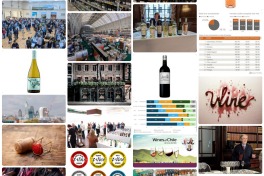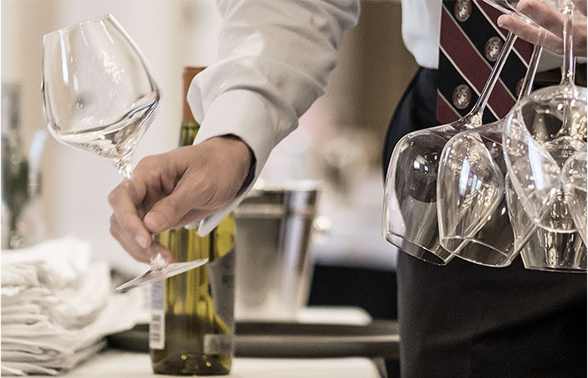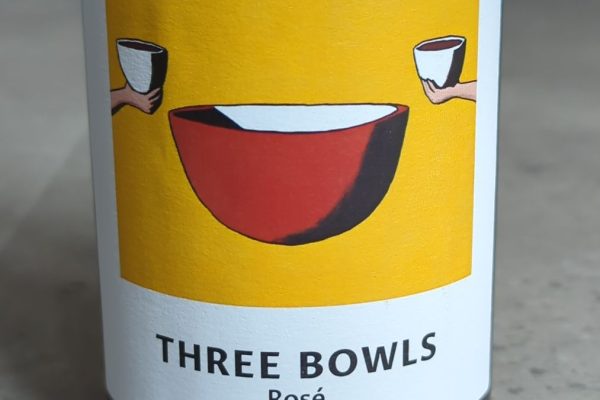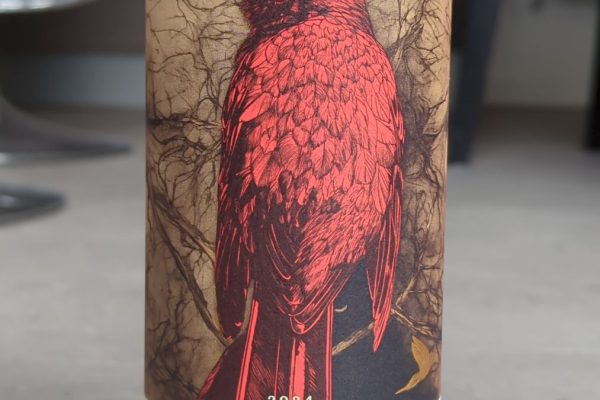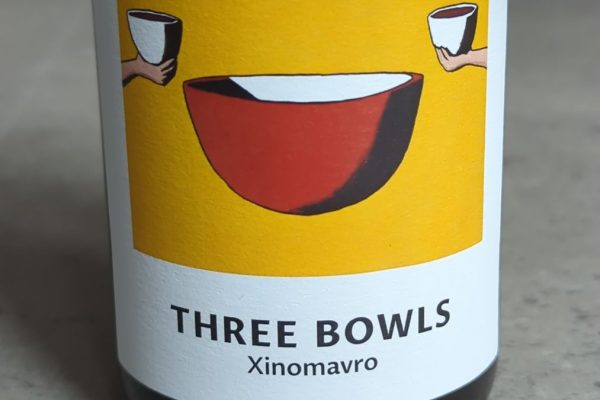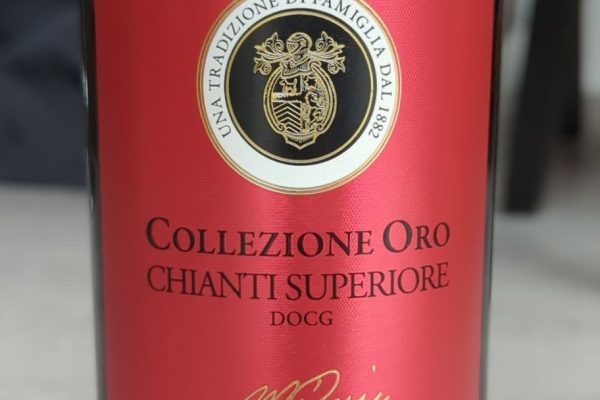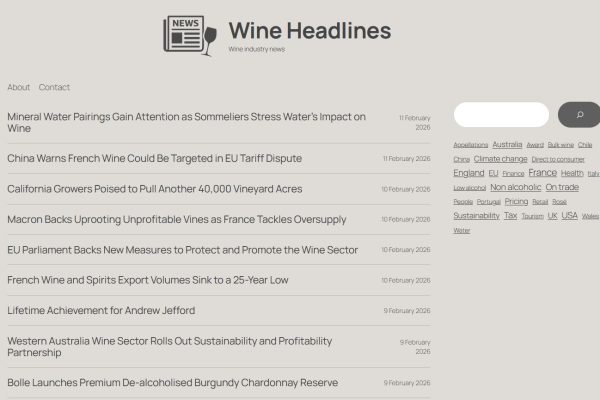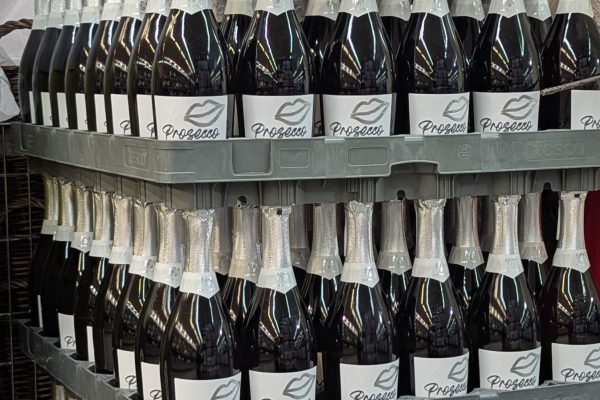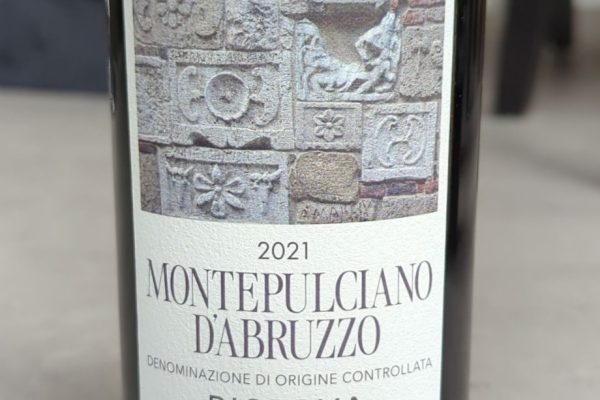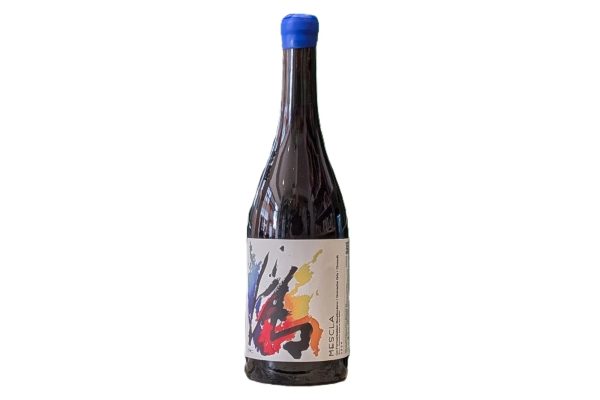
Tim Atkin, Master of Wine, has announced that wine friends are coming together to protest against the exorbitant and potentially devastating February duty hike on wine in the UK. To join the campaign, send a flattened wine capsule or screwcap to Rachel Reeves at HM Treasury, 1 Horse Guards Road, London SW1A 2HQ, with a message urging the government to cap the wine tax.
A petition will be live next week, and if achieving 10,000+ signatures, will stand a strong chance of getting this matter debated in Parliament. In the meantime, UK citizens are encouraged to write to their local MP, urging them to oppose this tax increase, which threatens to harm the wine and hospitality industries.
The introduction of new stamp duty bands on wine, set to take effect in February 2025, is poised to have significant practical consequences and potentially undesirable outcomes. By replacing the current simplified duty structure with a more complex system, the changes will complicate taxation for wine producers, importers, and retailers. Wines between 11.5% and 14.5% alcohol by volume (ABV) will no longer fall under a single duty amount. Instead, up to 30 different rates will be applied based on the exact ABV of the product. This heightened complexity will particularly burden smaller businesses that will lack the resources to manage the increased administrative requirements.
For consumers, the new duty structure will translate into higher wine prices. For instance, the duty on a bottle of wine with 14.5% ABV will rise from £2.67 to £3.10. Coupled with an already observed 7% rise in the price of a 75cl bottle of red wine over the past year due to previous duty hikes, these changes could suppress consumer demand and impact sales volumes across the market.
Ironically, the intended goal of increasing government revenue may not materialise as anticipated. Historical data from HM Revenue & Customs (HMRC) reveals that alcohol duty revenues decreased by £1.3 billion between September 2023 and August 2024, following previous increases. Specifically, wine duty receipts dropped by £238 million during the same period, highlighting the risk that higher duties may lead to reduced consumption and lower overall revenue for the Treasury.
The wine industry itself is expected to face significant challenges under the new regime. Smaller producers and retailers, already operating on thin margins, may struggle to navigate the changes, potentially driving further consolidation in the market. Additionally, consumer preferences may shift towards wines with lower ABV to avoid higher duty costs, which could reshape demand and disproportionately affect premium wine producers. Importers might also reconsider their product offerings to align with the new structure, potentially narrowing consumer choices.
Beyond the immediate financial and operational impacts, the new system may result in unintended consequences. Producers could be incentivised to lower the ABV of their wines artificially to qualify for lower duty bands, which might compromise the quality and authenticity of certain products. Furthermore, the changes could encourage cross-border shopping or online purchases from countries with lower duty rates, negatively affecting UK-based retailers and reducing domestic economic activity.
My personal view is that the Government probably does not prioritise addressing such issues highlighted above. However, they should think longer term about securing re-election. They have inherited the new duty proposals from the previous Government, which they seem to be continuing with, likely because it is easier to press on with these plans while turning their attention to other matters. This approach should prompt reflection: how successful was the previous Government in pursuing their strategies? Mis-steps like these, which carry deeper implications for industry and consumers, beyond monetary concerns, tend to accumulate over time and provoke significant backlash, ultimately jeopardising chances of securing re-election.




